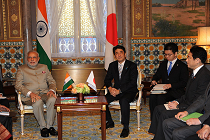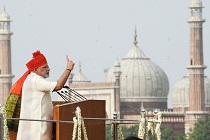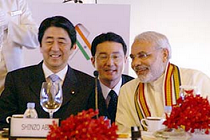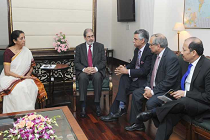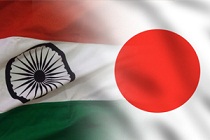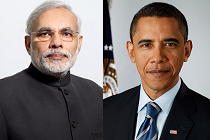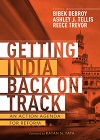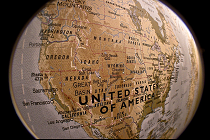India-Japan: potential still unrealised
Prime Minister Modi’s visit to Tokyo had raised expectations at home, especially due to the equation between him and his Japanese counterpart Shinzo Abe and the immense potential for Japanese investment in India. However, while the visit showcased warmth and friendliness, it fell short on the strategic and economic front

